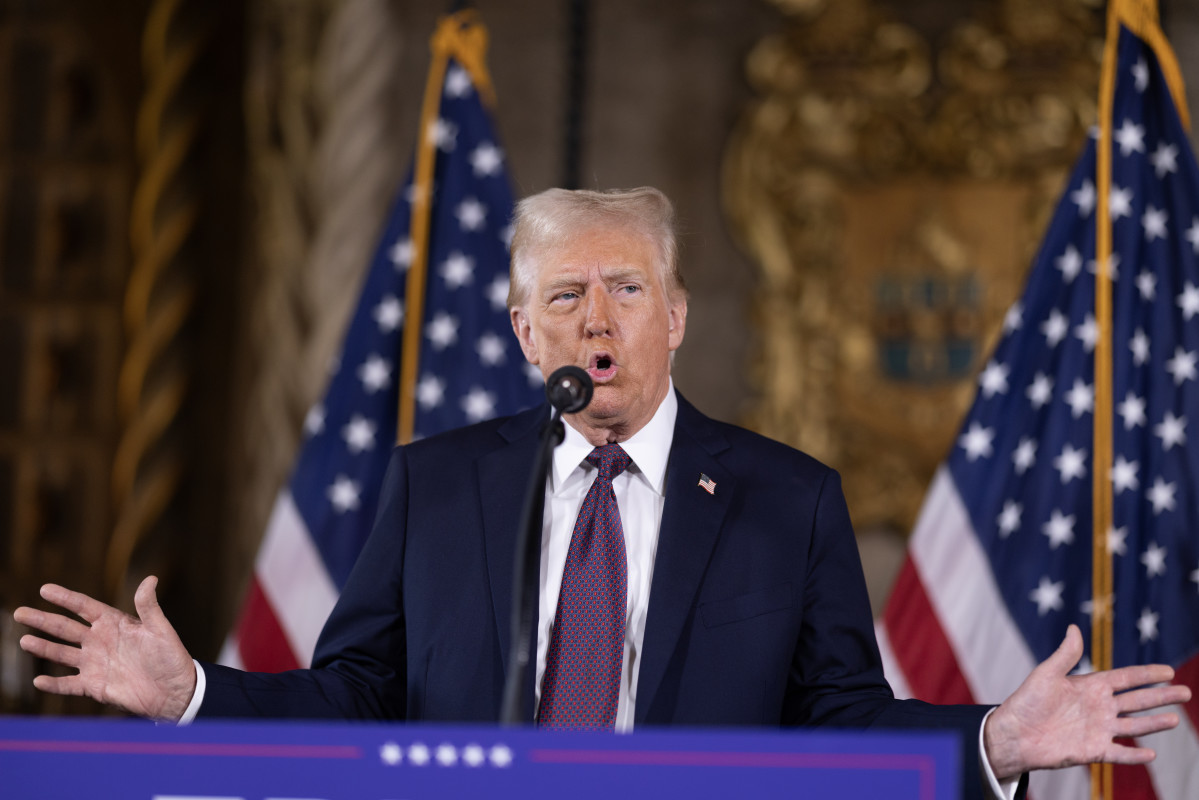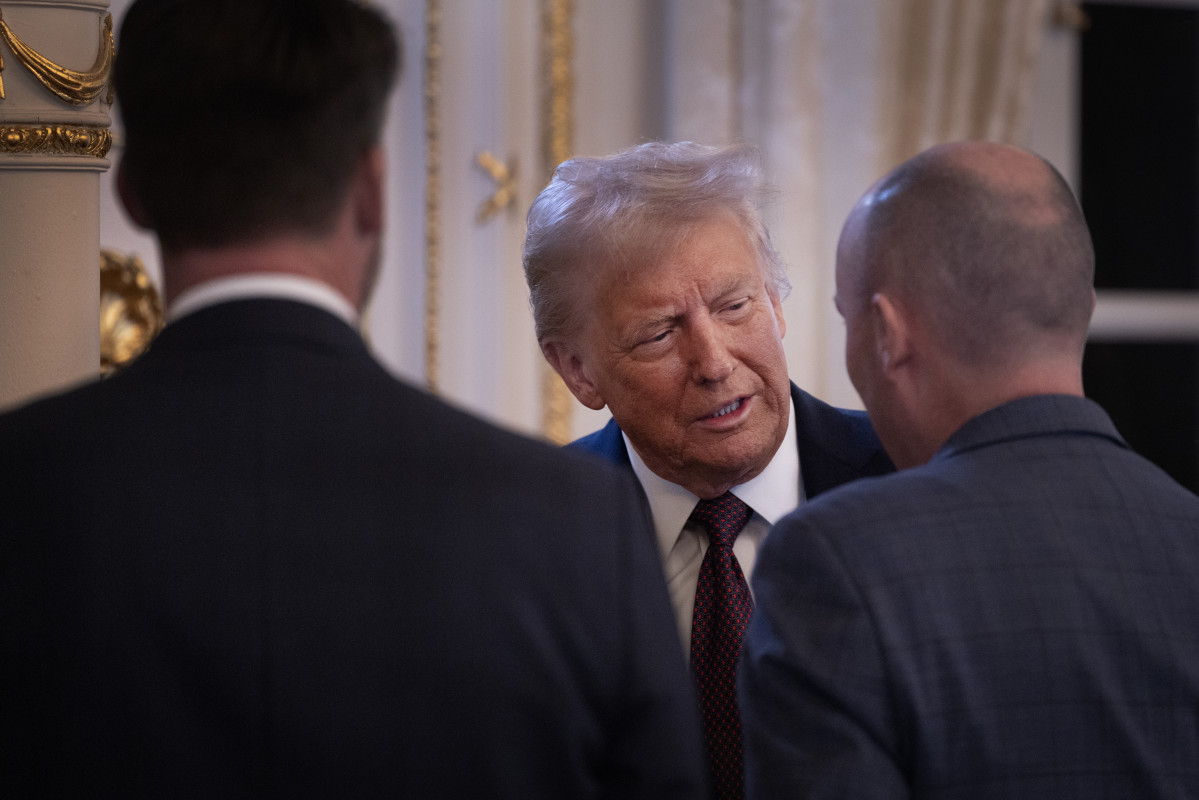
President-Elect Donald J. Trump may not be the Commander-in-chief yet, but his outsized influence is making waves in the political sphere well ahead of his inauguration on January 20.
Just days before he utters the words "so help me, God" on the steps of the Capitol, the prospect of a second Trump presidency is still triggering a seismic shift in attitude among business leaders and politicians beyond our borders.
💰💸 Don't miss the move: Subscribe to TheStreet's free daily newsletter 💰💸
Currently, the average price of new cars is reaching unjustifiable heights, causing a shift towards lower-priced cars that are becoming even more heavily favored by much of the new-car buyer base. Last year, foreign and domestic automakers saw double-digit percentage sales increases in some of its more affordable models.
Related: The 10 most reliable cars according to Consumer Reports
Though Trump aims to "fix" the U.S. auto industry with a flurry of new, radical policies, some automakers feel they are in a tough spot ahead of the changing of the guard and are looking to make things right.

Automakers are trying to curry favor with Trump
According to a report by The Wall Street Journal, automakers are attempting to build bridges with the incoming president as proposed tariffs risk derailing their U.S. operations.
One particular automaker that is feeling the heat is South Korean automaker Hyundai. The Journal reports that its people have maintained constant contact with Trump's aides since he declared victory over the current Vice President Kamala Harris on November 6 and has even joined its rivals Toyota (TM) , Ford (F,) and General Motors (GM) in making individual $1 million contributions to the President-Elect's inauguration fund.
“Hyundai welcomes the opportunity to work with the new administration on policies that support American manufacturing, protect supply chains, and spur innovation,” a Hyundai spokesperson told the Journal in a statement.
More Automotive:
- Carvana under fire: Research report claims turnaround is a "mirage"
- Trump's trade policies may ruin this emerging new car segment
- Frugal motorists are giving lube and tire shops a tough fight
Hyundai is aiming for a sit-down with Trump
Hyundai officials believe the $1 million contribution will help land a sit-down with the 'Apprentice' star at the White House or at his Mar-a-Lago estate in Florida after he takes the oath of office.
There, Hyundai CEO José Muñoz and Hyundai Motor Group executive chair Euisun Chung will attempt to pitch Hyundai as a jobs creator and an essential leg of the U.S. auto industry.
Despite making some of its marquee models like the Santa Fe and Tucson at its manufacturing facility in Alabama, many of the components in these cars are imported, which may present significant hurdles for the automaker.
Not long after becoming the President-Elect, Trump made a series of posts on Truth Social that threatened double-digit tariffs on imported goods originating from China, Mexico, and Canada for as long as their respective governments failed to address illegal immigration and drugs.
Already, South Korean experts warned that Hyundai's luxury Genesis brand could be a liability for Hyundai if said tariffs come into effect, as most of its vehicles are made in South Korea.
"Under any scenarios, the carmakers will be seriously affected after the inauguration of Trump," an unnamed auto industry official told The Korea Times. "As prices are the most critical part in determining auto sales, Genesis and two other carmakers from Hyundai Motor Group will be under growing dilemma at a crucial time when they enjoy healthy growth in the U.S."
Related: Hyundai CEO says Trump and Musk link is good for the auto industry
Hyundai is investing in its U.S. presence
Hyundai is making a big push to support the U.S. market, which Hyundai CEO Jose Munoz characterized as its 'most important.'
The said importance can be exemplified by its recently opened $5.5 billion EV factory in Georgia. According to Hyundai, the facility broke ground in 2022 and has an annual capacity of 300,000 cars, with the capability to expand to 500,000 units.
Currently, it produces the Hyundai IONIQ 5, and Hyundai plans to add five more EV models across Hyundai, Kia, and Genesis, as well as hybrid versions of their vehicles.
In a conversation with Bloomberg on January 10, the Hyundai CEO noted that no legislation or political favor inspired its push.
“Our company took the decision to make significant investment in the USA during the first Trump administration. We haven’t invested in the U.S. because of the IRA or because of incentives in general. It is not a good policy to simply make an investment because of incentives because they can come and go,” Munoz said.
“We believe the U.S. market is the most important for us today and is going to be the most important in terms of not only the absolute but also the growth. And therefore, investing and localizing is a good strategy. I think we are in a better place today than we were four or five years ago simply because the investment gives us much more flexibility.”
Hyundai Motor is traded under the ticker HYMTF on OTC markets.
Related: Veteran fund manager issues dire S&P 500 warning for 2025







